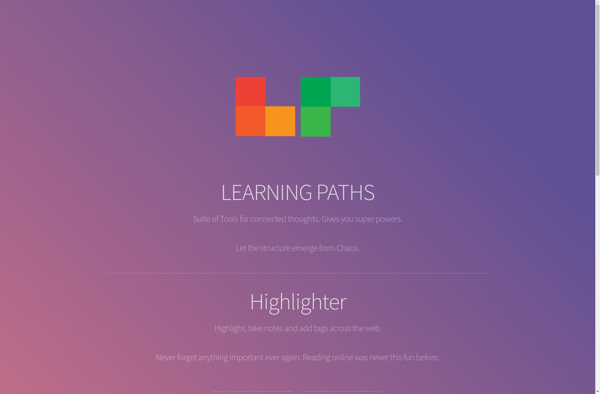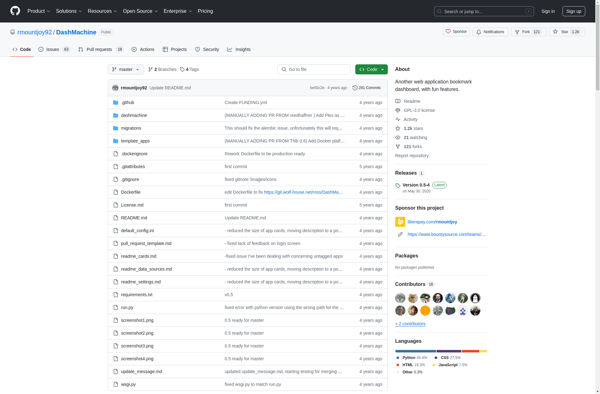Randoku

Randoku: Free Open-Source Sudoku Puzzle Generator
Create randomized, solvable Sudoku boards of varying difficulty levels for printing or game use, with logical validity ensured by constraint programming algorithms.
What is Randoku?
Randoku is an open-source Sudoku puzzle generator written in Python. It uses constraint programming techniques to randomly generate new Sudoku boards that have a unique solution.
Randoku allows users to specify the desired difficulty level, from very easy to extremely hard. It does this by generating puzzles with more or less starting digits revealed. For easy puzzles, many digits are shown in the starting grid. For hard puzzles, very few digits are revealed at the start.
A key benefit of Randoku is that all puzzles it generates are guaranteed to have just one solution. This is accomplished by modeling the Sudoku constraints in code and using a recursive backtracking algorithm to find valid boards. The puzzles are random, yet still solvable.
Randoku is free to use and the source code is available on GitHub under an MIT license. It can generate puzzle PDFs, text files, and images. The puzzles it creates have been used in Sudoku books, apps, websites, and more. It's an easy way to get a virtually unlimited supply of fresh, interesting Sudoku boards.
Randoku Features
Features
- Generates randomized, solvable Sudoku puzzles
- Creates puzzles of varying difficulty levels
- Open-source code can be customized or integrated into other apps/games
- Boards can be printed out or used digitally
- Works offline after initial download
- Available on multiple platforms like Windows, Linux, Mac
- Completely free to download and use
Pricing
- Free
- Open Source
Pros
Cons
Reviews & Ratings
Login to ReviewThe Best Randoku Alternatives
Top Games and Puzzle Games and other similar apps like Randoku
Here are some alternatives to Randoku:
Suggest an alternative ❐Raindrop.io

Diigo

Pinboard

Trove App

Bookmark Sidebar

Highlights - Highlighter and Web Clipper

LinkAce

GGather

DashMachine
